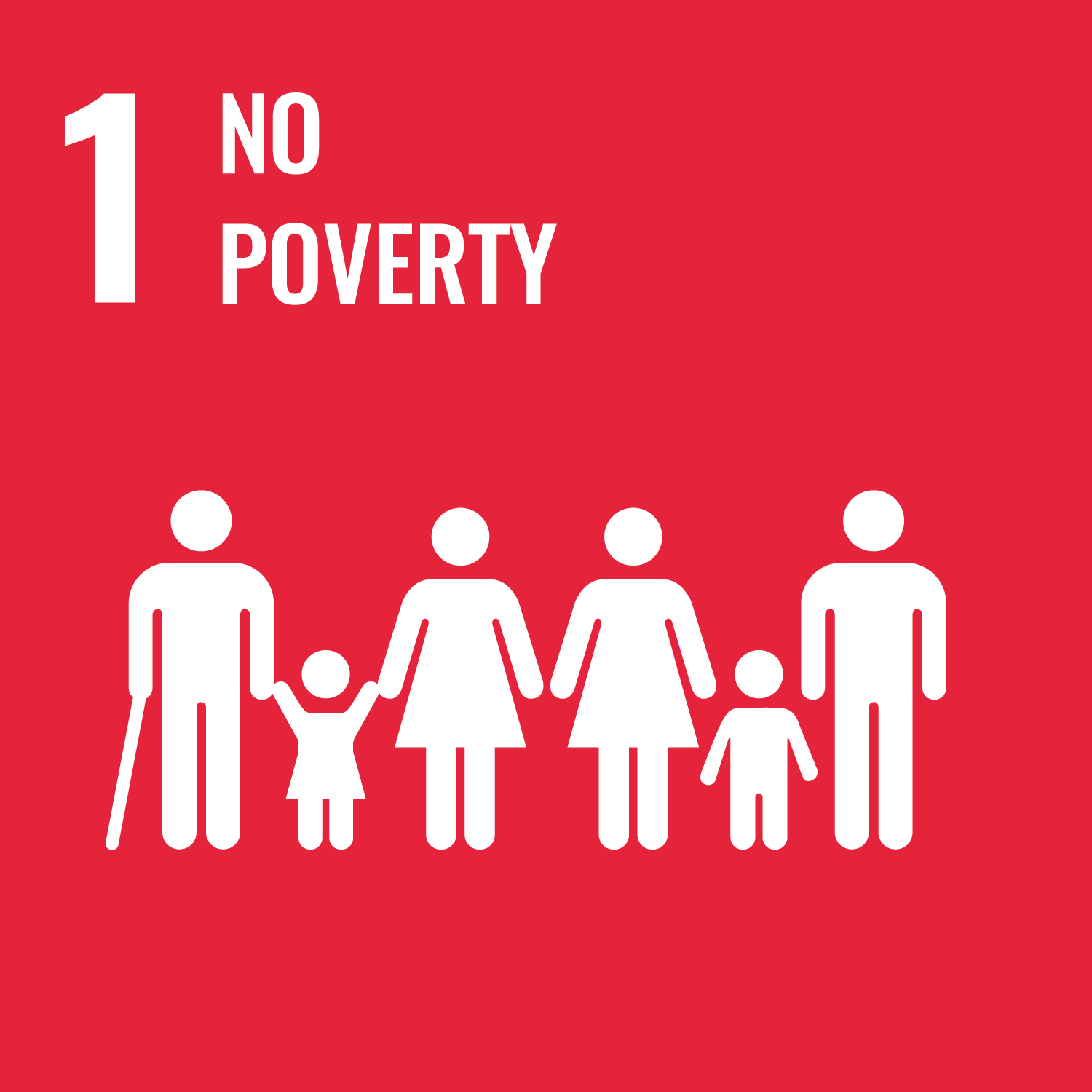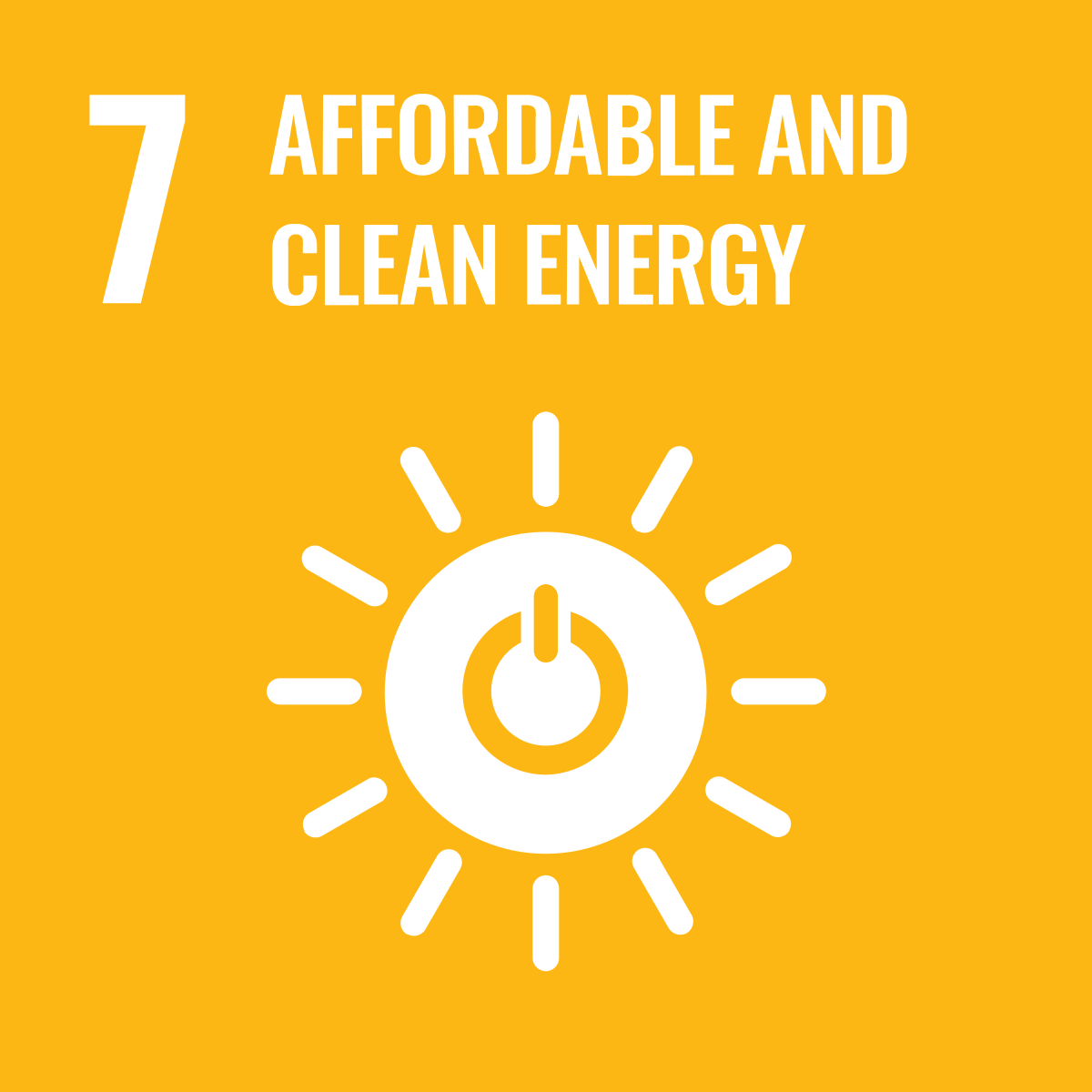
The Indonesia Domestic Biogas Programme (IDBP) is implemented by Hivos, in collaboration with the Indonesian Ministry of Energy and Mineral Resources, and the Netherlands Development Organization (SNV). It was implemented in West Nusa Tenggara and East Java. The project aims to disseminate domestic biogas digesters as a local and sustainable source of energy.
Prior to the implementation of IDBP, many households within the selected project areas were dependent on firewood and expensive fossil fuels (e.g. kerosene and liquefied petroleum gas) for their household energy needs.



